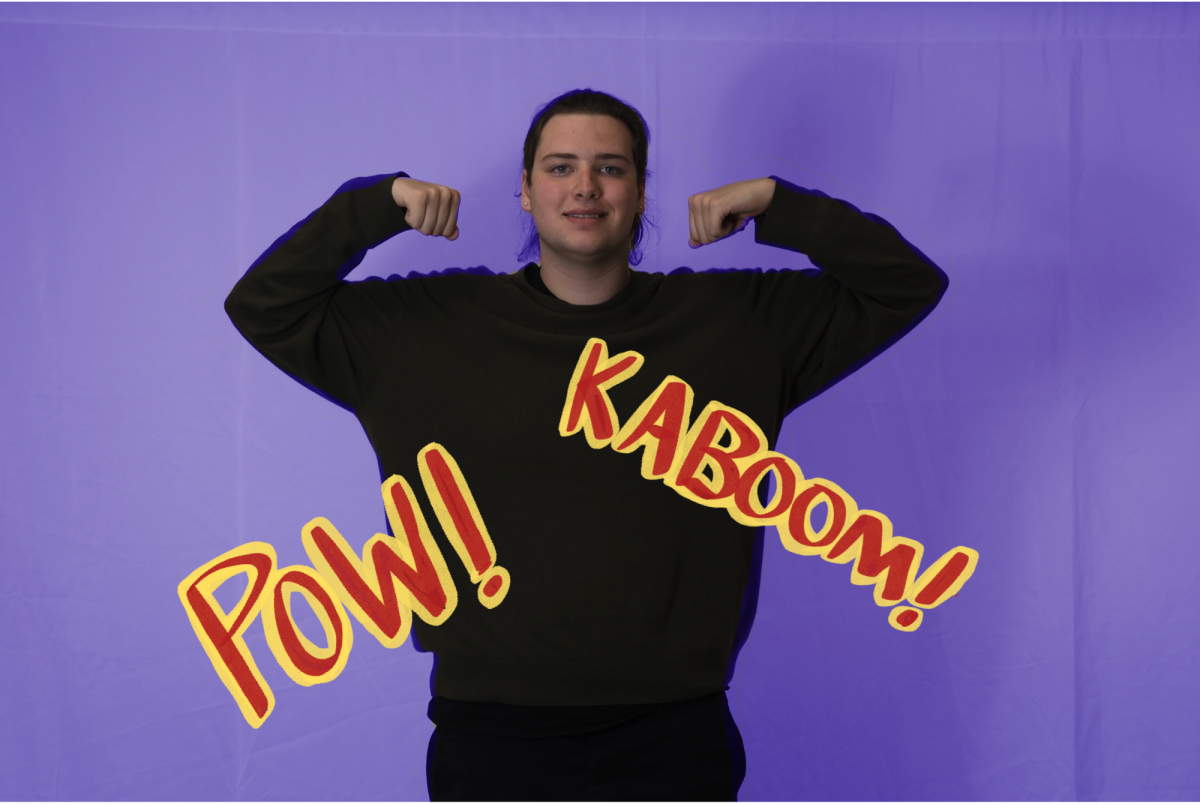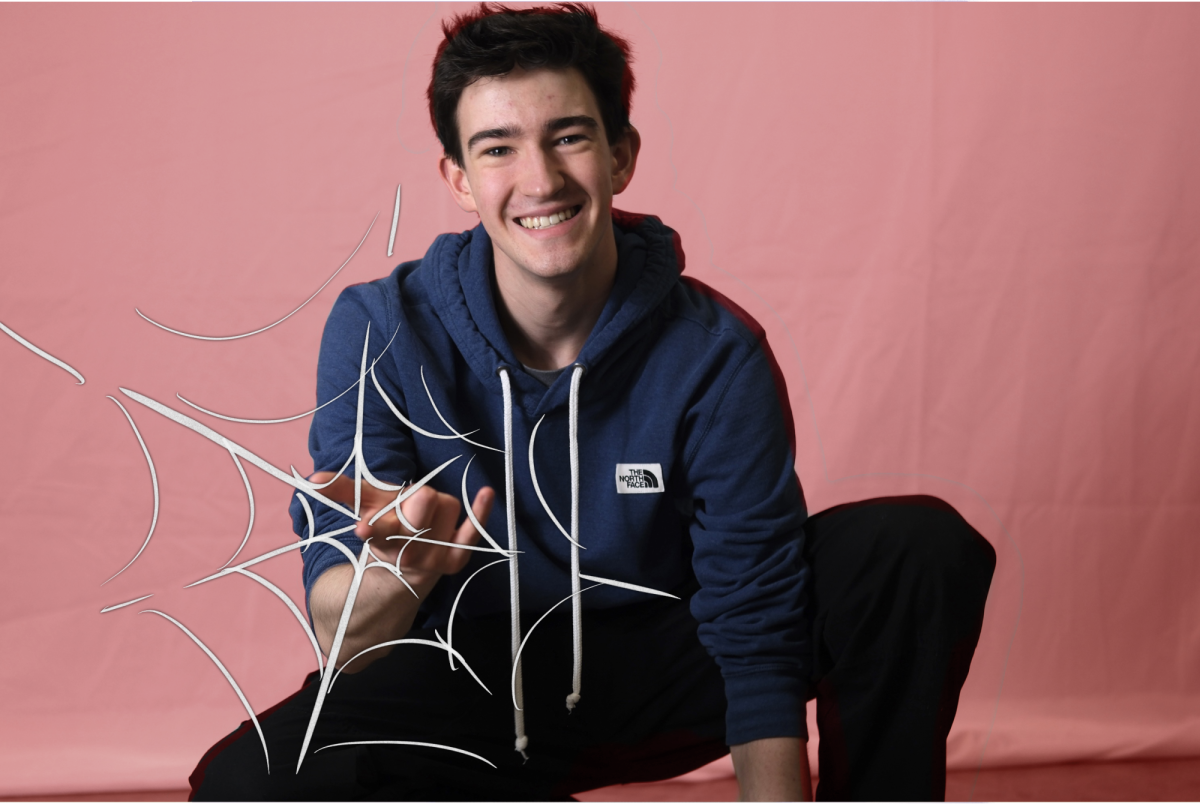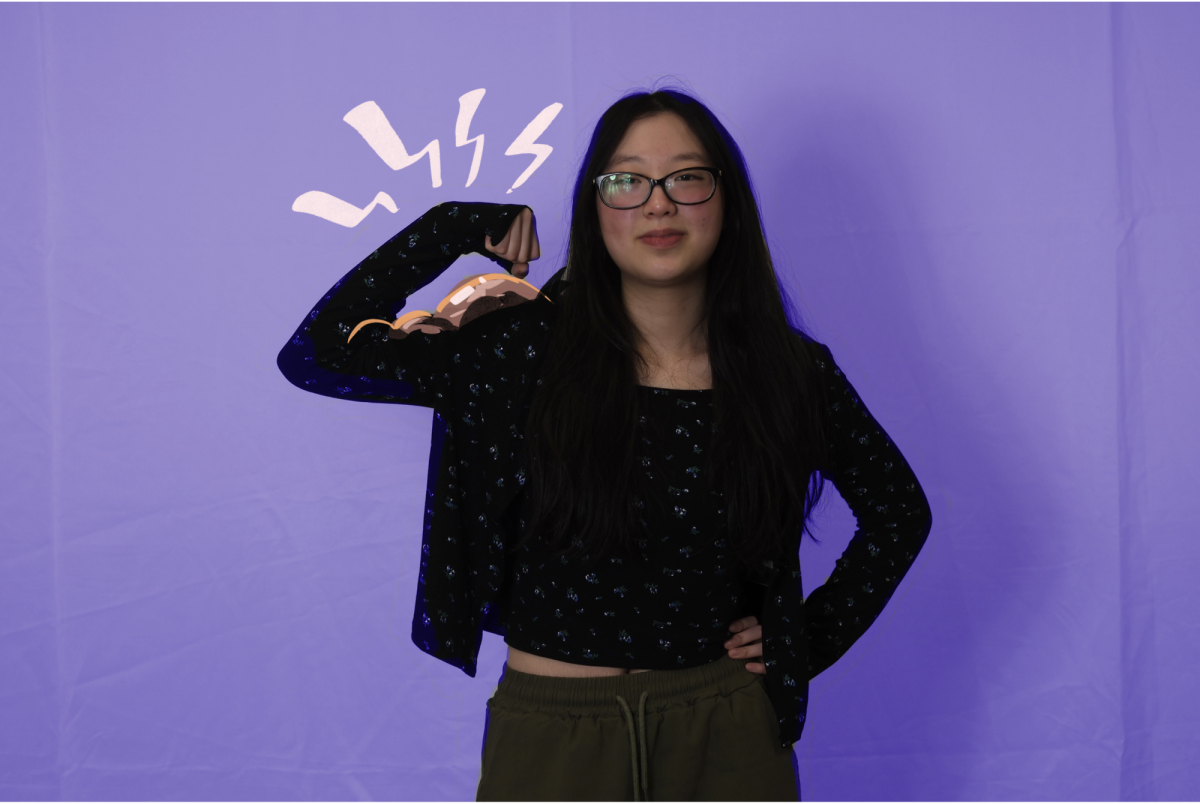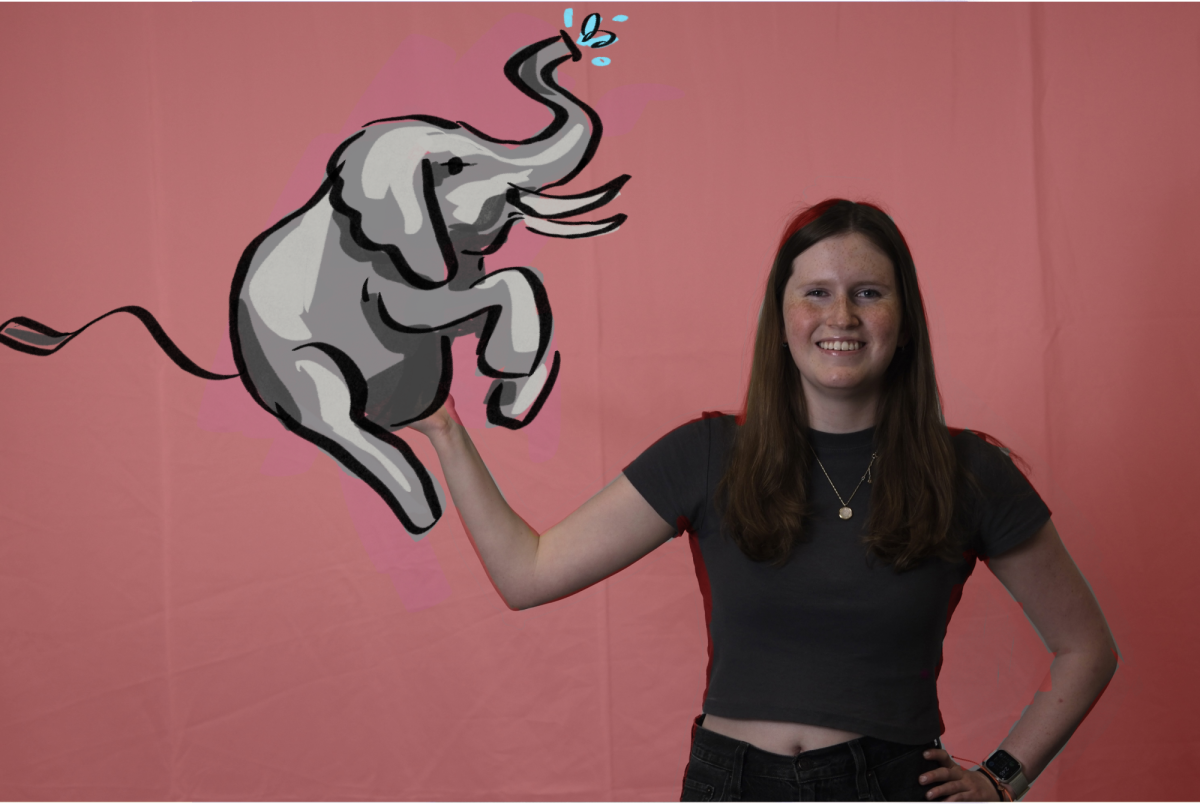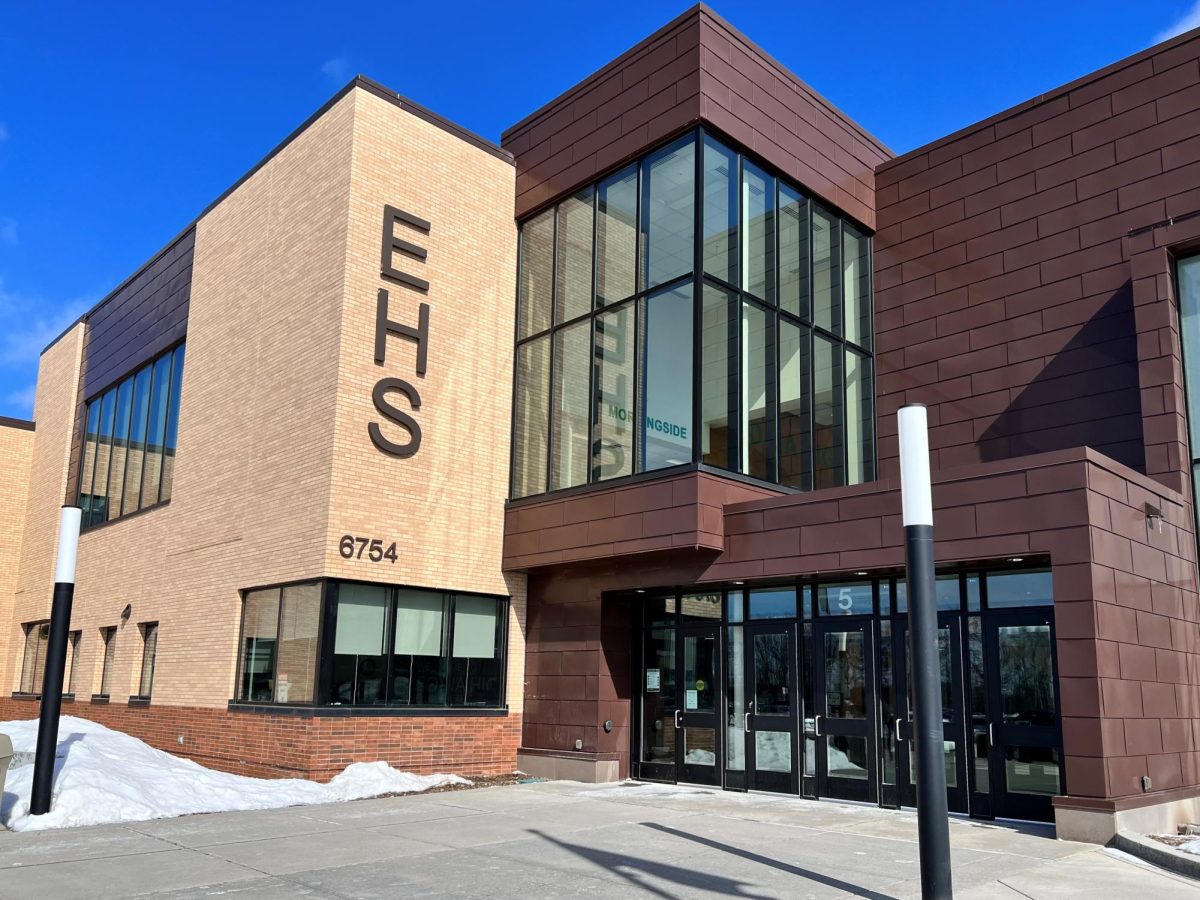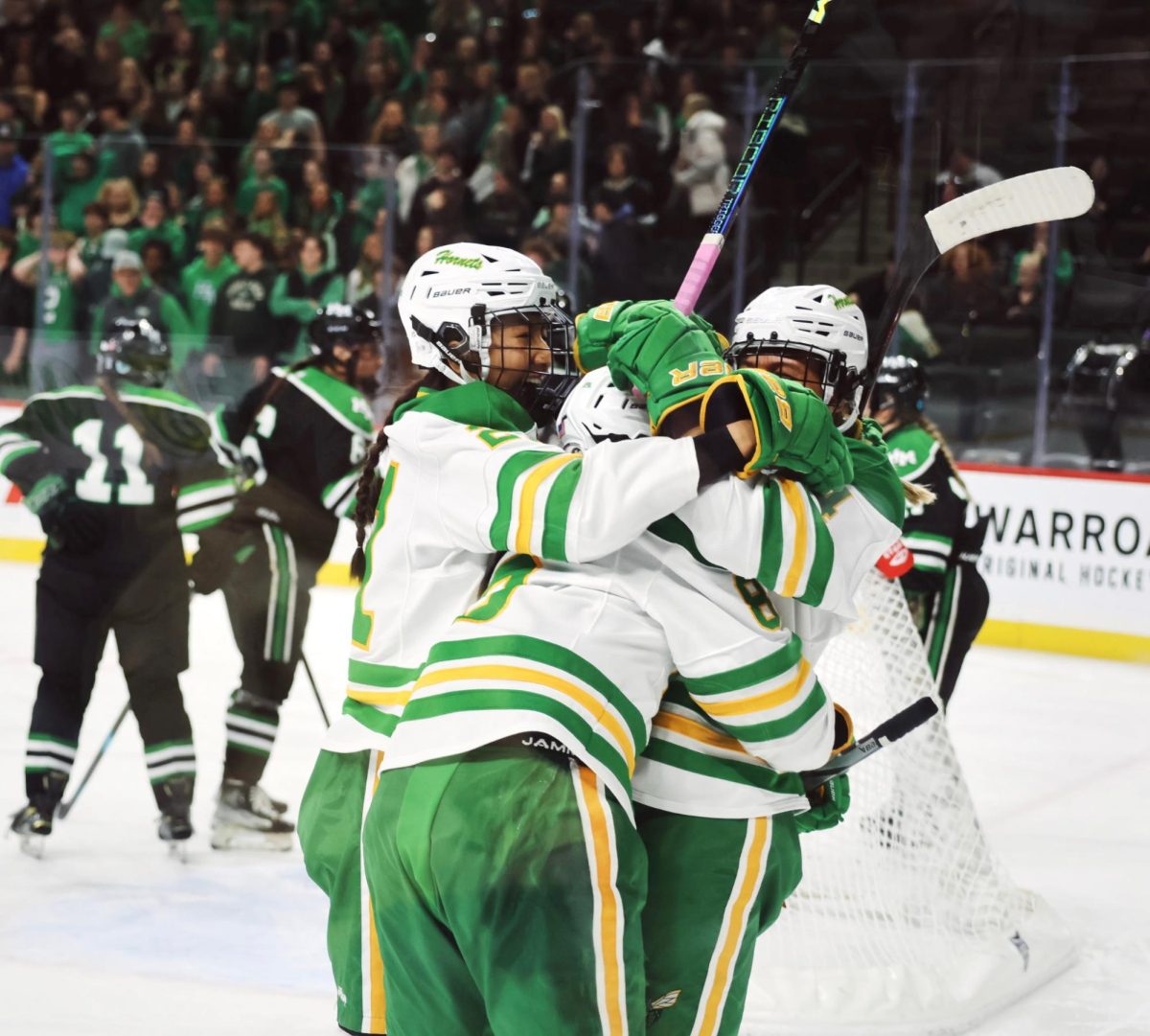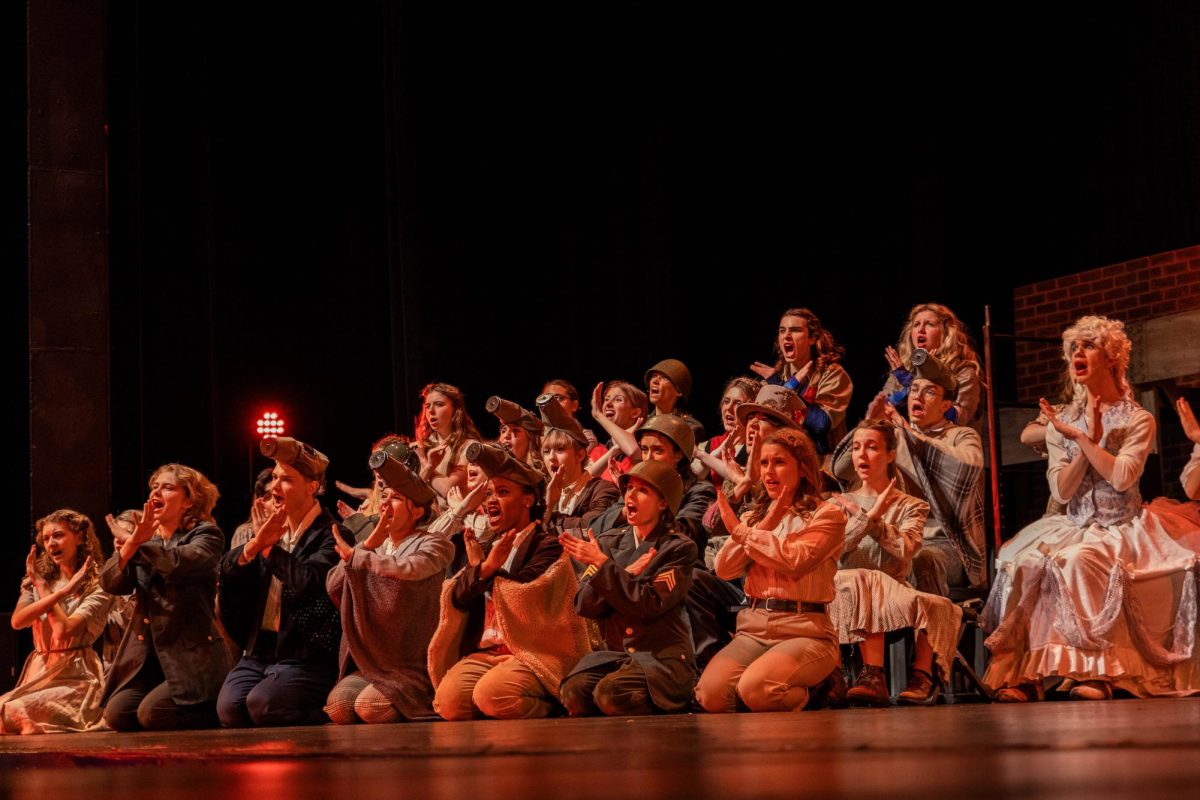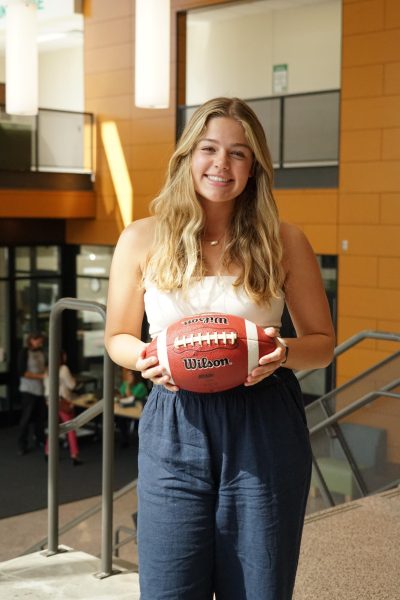With the upcoming 2024 U.S. presidential election, all eyes will be on America as the results come in. Many citizens from different countries will tune in as the election keeps the world on the edge of its seat. At Edina High School, three French interns who came to work in America for the 2024–25 school year are very familiar with the upcoming presidential election. After being in America during its most intense months of presidential debates, campaign tours, and posters, the interns noted many observations regarding the election.
Differences between the French and American presidential elections:
As democratic nations, the U.S. and France display many similarities when it comes to elections. However, cultural and social differences that tend to go unnoticed are crucial factors in these elections. “In France, you tend to vote for a party, and in America, especially for the Trump Republican Party, it’s more about the person. [The party] live[s] through the person,” French intern Emma Bournonville said. Much of the media spotlight sheds light on the character and personality of each candidate in America. However, in France, the spotlight is on the parties themselves and the values they hold. Additionally, citizens in France tend to vote for presidential candidates in hopes of discrediting another candidate. “In France, they don’t want a person so they vote for the opposite candidate. They don’t choose to vote cause they want a person, they vote because they don’t want another person,” French intern Judith Fouquet said.
How they followed the American election:
With a large media presence around the U.S. presidential election, many French citizens follow the election very closely online. “For Biden vs. Trump, I was in high school with a friend and we were really into English things. We followed the election on social media and on the live updates on Google as well,” Bournonville said. Along with social media, many of the interns recalled learning about American politics and elections through school. “I remember during the 2016 election, I was in high school and we were looking at the electoral votes, watching the different states turn red and blue,” French intern Lola Maffeis said. Many teachers in France even displayed the election results and discussed them with their classes. “I remember that I had a historian class in high school and my teacher had previously taught in the U.S. It was during the first Trump election and we had discussions about it in class,” Fouquet said.
Surprises regarding the American election:
With lots of interest in the election, many of the interns noted the social differences they saw when it came to American politics. “I was very surprised how open and close people are when they talk about who they are voting for,” Maffeis said. Within U.S. culture, citizens can be straightforward about their political views when it comes to the presidential election. Within communities, we see rows of signs in neighborhoods displaying either “Harris-Walz 2024” or “Make America Great Again” in front of houses. However, in France, openness about political viewpoints to the public eye is not as common. “In France, we don’t really talk about politics. Even if my family in France is involved in politics, we don’t talk about it in the open. It’s like a rule to not talk about the person or party that you are going to vote for,” Fouquet said.
This piece was originally published in Zephyrus’ print edition on November 4, 2024





